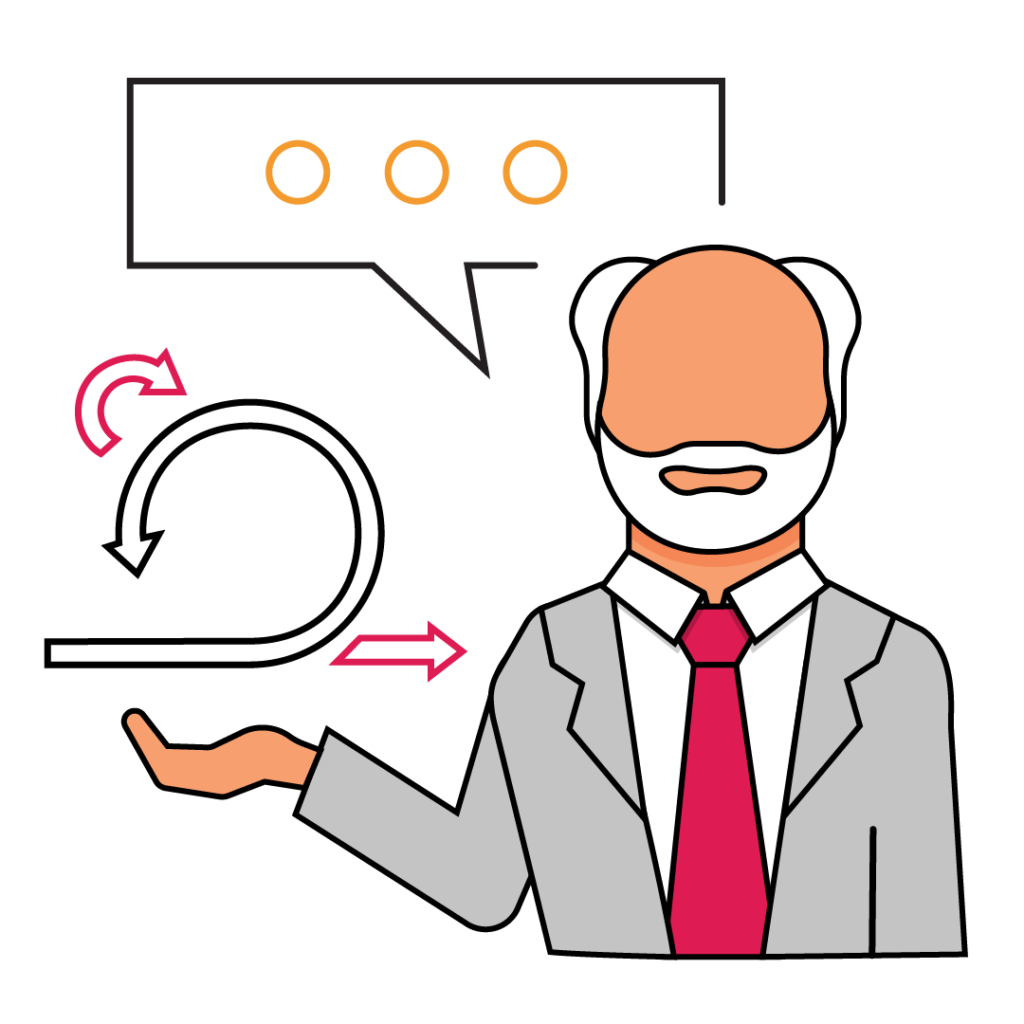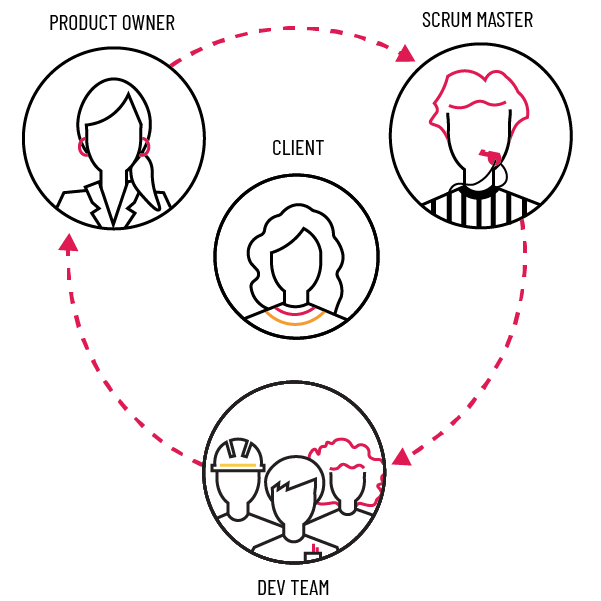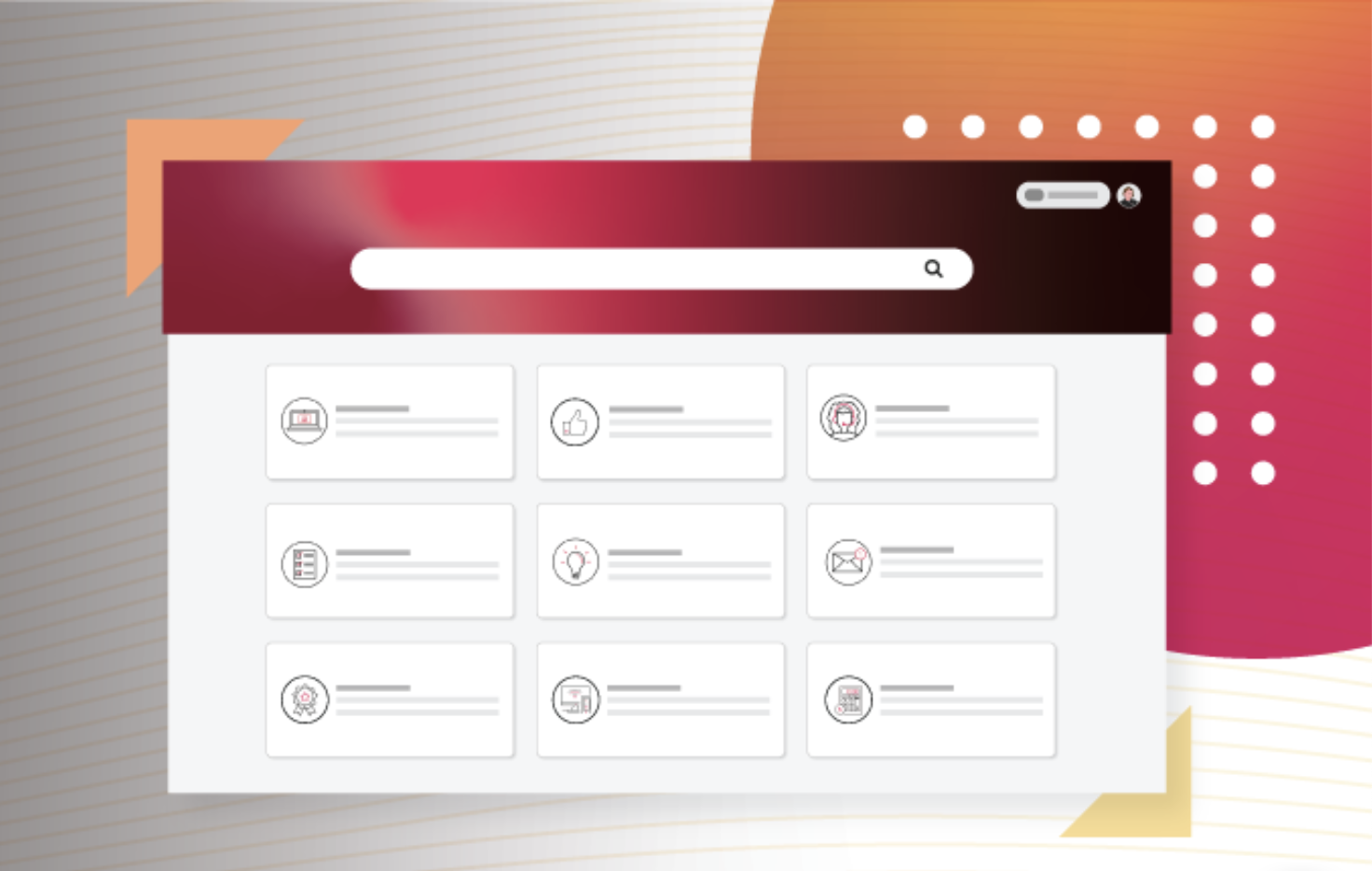7 Things to Stop Doing in Agile Coaching
One of the most interesting things that I have discovered over the past few years working as an Agile practitioner is the evolution of Agile Coaches within the industry. As a profession, the field of Agile Coaching remains dynamic and unpredictable, and also somewhat chaotic at the same time. While I am not entirely sure what is causing this condition, I have a few theories:
- There is no single authority (or governing institution) defining the role. In Project Management, there is a de facto sole authoritative organization: the Project Management Institute (PMI). It defines all associated processes, roles, and responsibilities related to that field. For Agile Coaches, no such entity exists, as of 2022.
- There is no single definition of ‘Agile’. Similar to #1 above, the very concept of ‘Agile’ can be defined as a variety of concepts. These definitions include a process, a methodology, a mindset, or a framework… the list goes on. This has resulted in fragmentation of what “doing Agile” means. This makes it highly contextual and specific to individual teams and organizations.
- There is a general lack of consistency regarding what “coaching” entails. This is likely a consequence of not having a single governing body that defines the activity of “coaching”.
In my observation, these factors have combined with the relatively new philosophy of Agile development. This philosophy was popularized by the 2001 Manifesto for Agile Development (a.k.a. the Agile Manifesto). It created an industry of practitioners who are practicing Agile Coaching in a highly disjointed and inconsistent way.
If you’re not an Agile Coach, you might need one someday

As I’ve gained experience working in this domain for several years, I have observed a few behaviors that are usually counterproductive or increase risk to organizations. It is my hope that these observations will help others steer clear of risks and improve their chances for a successful project outcome.
#1 – Stop assuming Agile coaching is the same as sports coaching
Many of us have been involved in sports since we were young kids, or have been involved in coaching sports teams. As a result, many professionals try to make the connection between sports coaching and professional coaching. The two may have some similarities, but most of the time this analogy does not work. In a professional working environment, an Agile Coach usually has very limited authority and no positional power, which means strong sponsorship is required to influence change.
#2 – Stop expecting Scrum Masters to understand coaching

#3 – Stop assuming Agile Coaches is are just trainers
While training is one of the key activities that most coaches will take on, it should only take a subset of the coach’s time. Teams often realize the value of coaching when they understand how to apply the new concepts and practices that they learned, and this may require weeks and possibly months after the training sessions.
#4 – Stop asking the coach to do administrative work
Your Agile Coach is likely a highly-skilled and experienced professional who has achieved a great deal of success. Trust them to do the right thing but avoid simple mistakes such as asking them to complete status reports or audit team activities.
#5 – Stop assuming all Agile Coaches are the same
It is often difficult to gain an objective understanding of a coach’s capabilities based solely on a resume. Hence, my recommendation is that you seek referrals from trusted colleagues or people in your network so that you find the right match for your organization.
#6 – Stop assuming all Agile Coaches understand all frameworks and methods

#7 – Stop asking your managers to do Agile coaching
Your managers are still important members within an Agile adoption initiative, and they will still need to coach the team and help them through the change process. However, your managers are most likely not equipped to provide guidance regarding best practices and common pitfalls to avoid when it comes to application of new techniques and methods. If your managers express interest and passion for doing this type of work, that is great news! Support them by giving them the Agile coaching training they need and help them learn this new role.
In closing, there are many ways to fail when it comes to Agile adoption, and having a capable and trustworthy coach will likely make a tremendous difference between success and failure. As a result, take care when choosing your Agile Coaches and be sure to establish a coaching agreement so that you both agree on the interaction model as well as what success looks like.



